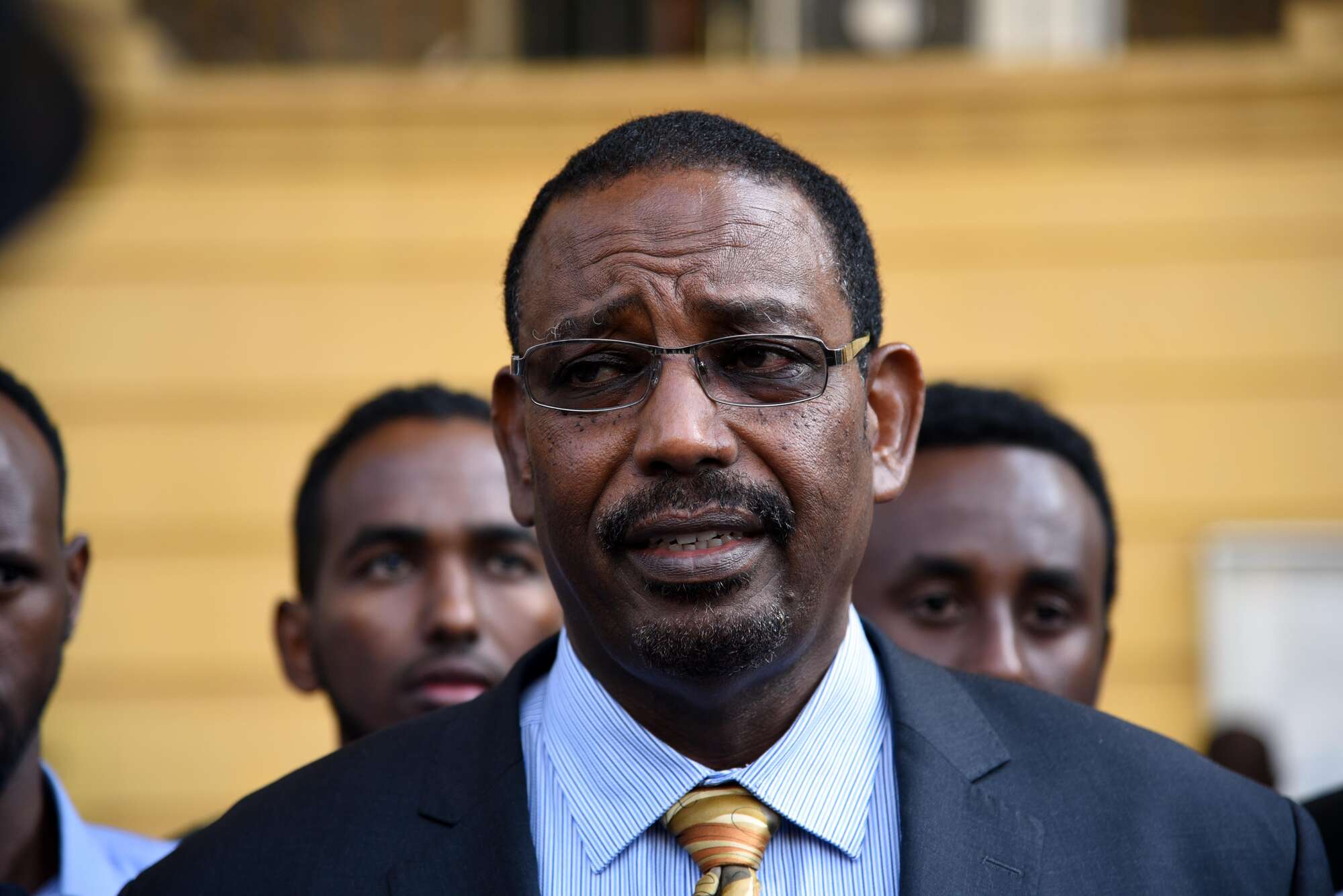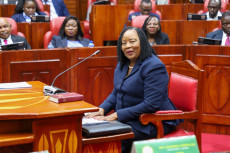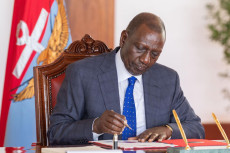- Daadab member of parliament, Farah Maalim, has recently stirred controversy with a proactive statement during a public speech. He suggested that if he were the president of Kenya, he would consider killing 5000 protesters each day to restore order.
- Speaking in Somali dialect, he said he would have 'slaughtered 5000 daily. The undated video of this inflammatory speech went viral on social media. The dialect was translated and revealed its potential for inciting violence.
- Farah was then forced to clear the air with KTN News. Maalim attempted to explain his statement, asserting that his words were taken out of context, that the video was edited, and that his enemies were framing him.
Daadab Member of Parliament, Farah Maalim, has recently stirred controversy with a proactive statement during a public speech. He suggested that if he were the president of Kenya, he would consider killing 5000 protesters each day to restore order.
This comment has sparked a heated debate and uproar in the country, especially among the online community. Kenyans are now demanding his arrest and prosecution in regard to the law and rights of protesters.
Speaking in Somali dialect, the video subtitles suggested that he said he would have 'slaughtered 5000 daily'. The undated video of this inflammatory speech went viral on social media. The dialect was translated, revealing its potential for inciting violence.
"God forbid if I was president I would have slaughtered them, 5,000 of them daily, there is no two ways about it," he said.
Maalim claimed that the young people who occupied Parliament and took the streets were from wealthy backgrounds and were used as instruments to cause mayhem.
Read More
"This was an attempted coup, a clear attempted coup. Children of wealthy business owners, wealthy parents and kids raised on ill-gotten wealth, 80% from one tribe were dropped off in downtown and told to riot and take over State House and Parliament buildings," Farah said.
The comments come amid tension and unrest in the country, as pressure piles on the Head of State to make reforms and heed to the demands of Kenyans. The said comment led to a demand for clarification by Kenyans.
Farah was then forced to clear the air with KTN News. Maalim attempted to explain his statement, asserting that his words were taken out of context, that the video was edited, and that his enemies were framing him.
"It's all editing, cutting and pasting, taking a word from here, another one from here and putting it together. There is a lot of nonsense there. Its Somalis basically who would do that because I weighed in on their politics. It's not the true picture," Maalim explained.
Keen observations showed that the video was not tampered with. Still, Farah contended the claims and argued that he intended to highlight the necessity for solid leadership and maintenance of public order during civil unrest.
"I'm actually trying to sound serious alarms in saying that these headless things called a popular movement, a revolution, we've seen it in many places and we've seen it in Sudan, Syria, Iraq, Yemen, Somalia, and the results are always invariably devastating," Maalim explained.
Maalim's comments and subsequent clarification have sparked debate about the balance between maintaining security and respecting citizens' right to protest.
Kenyans on social media have condemned the comments and raised the hashtag 'shame on you', which is trending on X.
As public outcry grows, the question that lingers is: Will there be any substantive action to address the inflammatory comments, or will they be dismissed as mere political bluster?










